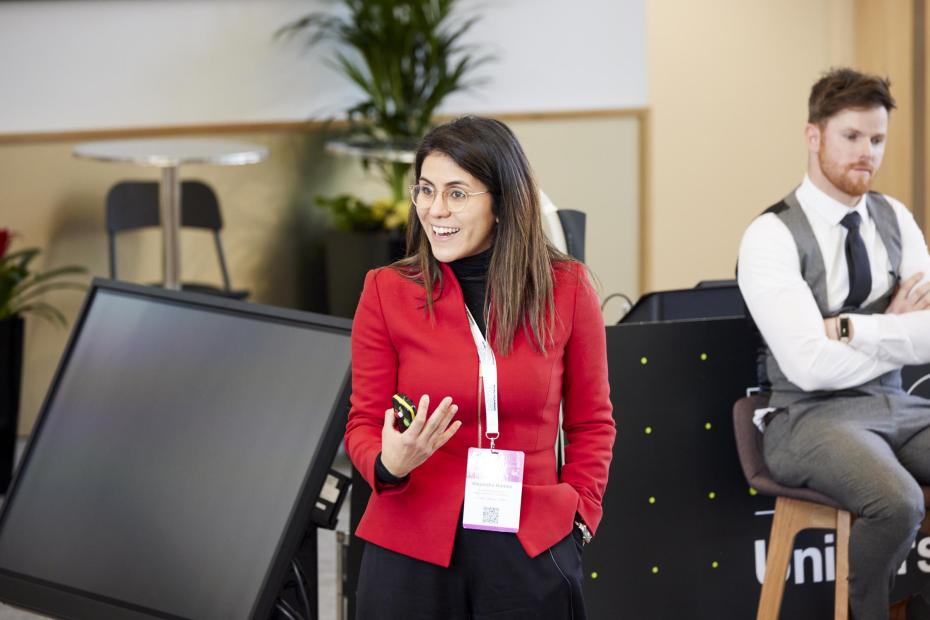
How to use technological developments to keep the attention of Generation Alpha students

Technology touches every part of Generation Alpha students’ lives and must be used mindfully to make an impact. During a session held at THE Digital Universities UK 2023, the panel discussed how higher education can use technology in a purposeful way when interacting with this young generation.
Garry Sheahan, senior academic consultant at educational publishing company McGraw Hill, said that a vital application of technology is not just provision but purpose. He explained that top-tier students will always engage with the materials and technology available to them, so other students should be educators’ targets. “That's where technology can be most powerful, not to accelerate the top tier, but to bring this to the middle and lower tier along in the journey and help them to connect,” Sheahan said.
Engagement is key. Sheahan said that Generation Alpha students are more demanding than their predecessors, and the culture needs to change to accommodate this. Material that they can find online is not seen as relevant. Instead, technology such as adaptive reading assignments, ebooks and simulations should be used to free up student and staff time so students engage in class with “a motivated, enthusiastic, creative, driven instructor”.
The success of this approach was demonstrated by Alejandra Ramos, assistant professor in the Department of Economics at Trinity College Dublin. For the past five years, Ramos has iteratively adjusted her modules based on direct feedback to make sure the students are best served. With engaging use of technology taking place outside of class, Ramos’ teaching time is dedicated to deeper learning, analysis and critical evaluation.
Ramos said her role is to teach Generation Alpha students how to study and become autonomous learners. Through incentivised pre-reading, which takes the form of highlighted digital texts, quizzes that verify students’ understanding of key concepts and assessments that combine concepts with more complex knowledge, Ramos has developed her process based on inclusion. Ramos gave the example of students losing marks by keying in the wrong number, whether through error or capacity, so they were asked to justify their answers in the next assessments.
To maintain engagement, Ramos said it’s important to work within areas of interest for students and apply concepts that have real-world applications. Ramos concluded that the students themselves should be listened to and engaged with. “They are the best-informed individuals to tell us about their needs.”
Find out more about McGraw Hill.

